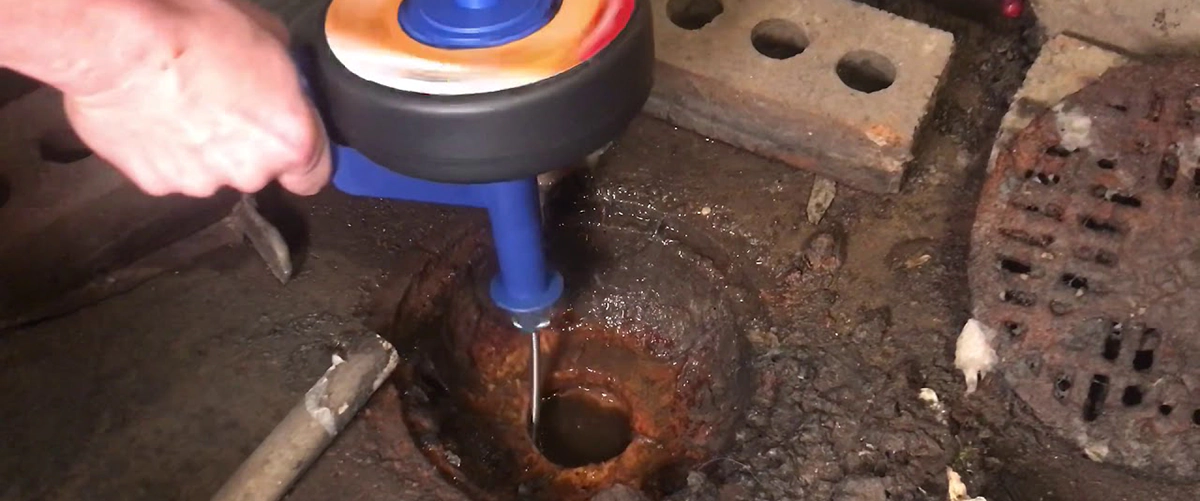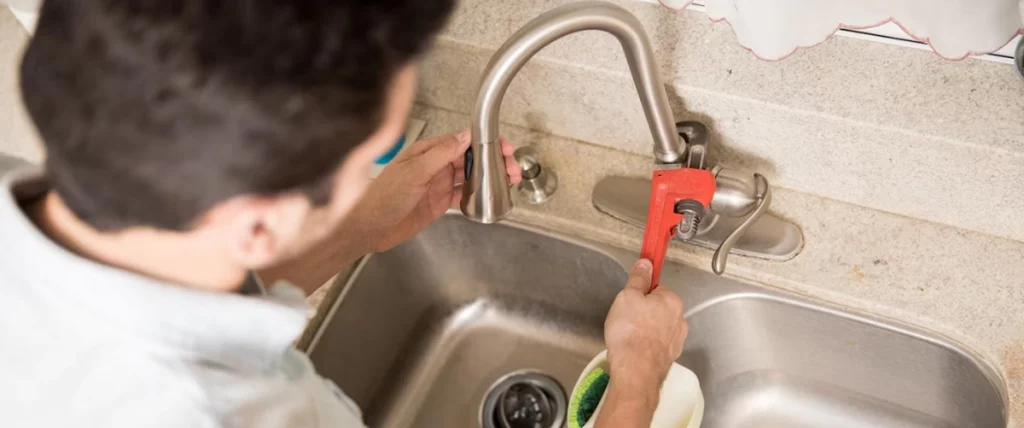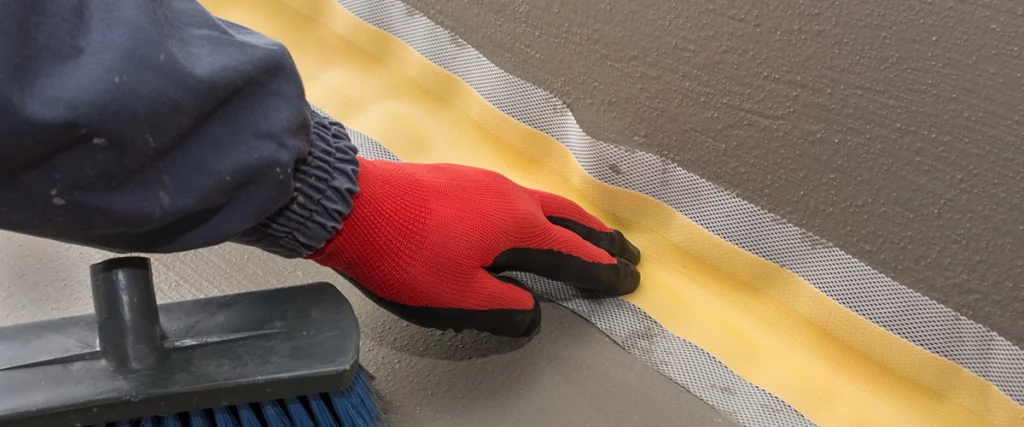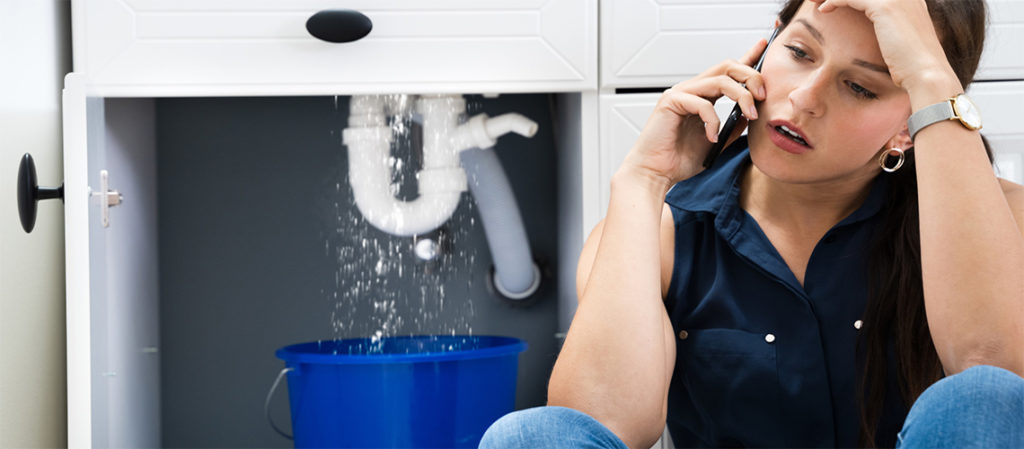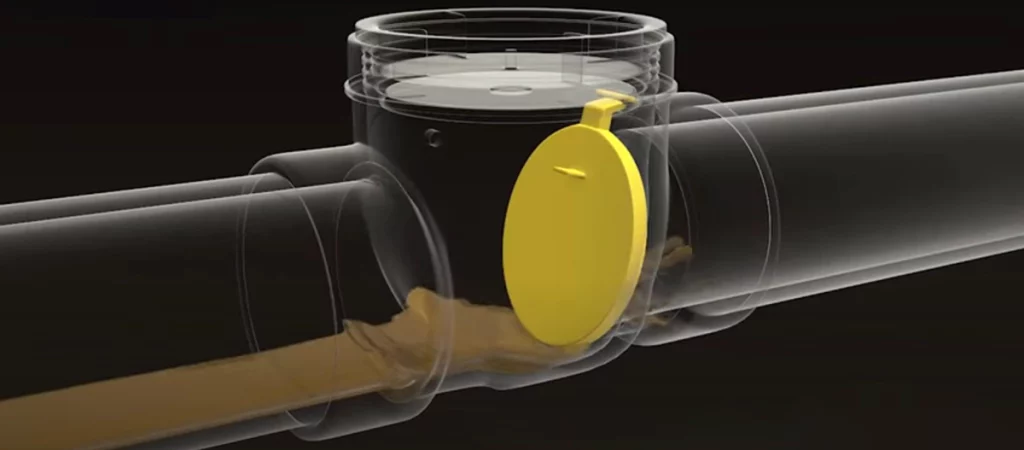Plumbing issues can be a homeowner’s nightmare, and a clogged main drain is undoubtedly one of the most inconvenient problems to deal with. Many individuals, in an attempt to save money or time, resort to DIY methods like snaking the main drain. The Perils of Main Drain Snaking: Understanding Plumbing Risks
Main drain issues can be a homeowner’s nightmare, and while it might be tempting to tackle the problem yourself, there are potential perils associated with main drain snaking. Understanding these risks is crucial to preventing further damage and ensuring a safe and effective resolution.
Contents
- 1 Common Mistakes in DIY Drain Clearing
- 1.1 Misuse of Chemical Drain Cleaners
- 1.2 Over Reliance on Plungers
- 1.3 Ignoring the Underlying Issue
- 1.4 Using Inappropriate Tools
- 1.5 Lack of Protective Gear
- 1.6 Incomplete Removal of Blockages
- 1.7 Disregarding Ventilation Concerns
- 1.8 Failure to Test Drain Functionality
- 1.9 Underestimating the Severity of the Clog
- 1.10 Improper Disposal of Debris
- 2 Professional Insights on Drain Maintenance
- 3 Choosing Safe Alternatives for Drain Issues
- 4 Preventing Plumbing Emergencies
- 5 Signs Your Main Drain Needs Attention
- 6 Expert Advice: What Not to Do with Main Drains
- 7 Proactive Measures for Healthy Plumbing
- 8 Safe and Effective Drain Clearing Techniques
Common Mistakes in DIY Drain Clearing
One of the most common mistakes in DIY drain clearing is the improper use of drain snakes. Using the wrong type or size of snake can lead to pipe damage or worsen the clog. Additionally, overzealous attempts to clear a blockage may push it further down the line, causing more extensive issues.
Dealing with a clogged drain is a common household challenge, prompting many individuals to explore do-it-yourself (DIY) solutions. While the intent is admirable, there are common mistakes that DIY enthusiasts often make when attempting to clear drains.
Misuse of Chemical Drain Cleaners
One prevalent mistake is the indiscriminate use of chemical drain cleaners. While these products claim to dissolve clogs, they can also harm your pipes, leading to corrosion and potential leaks. Moreover, the harsh chemicals pose health risks to those handling them.
Over Reliance on Plungers
While plungers are a handy tool for minor clogs, overusing them or applying excessive force can lead to damage. It’s essential to understand the level of force required for different types of clogs and when it’s time to seek professional assistance.

Ignoring the Underlying Issue
A common oversight is treating the symptoms rather than addressing the root cause of the clog. DIY methods might provide temporary relief, but without identifying and resolving the underlying problem, the issue is likely to recur.
Using Inappropriate Tools
DIY drain clearing often involves makeshift tools that may not be suitable for the task. Improvised wire hangers or sharp objects can scratch and damage pipes, exacerbating the problem. Opting for professional-grade tools is a safer choice.
Lack of Protective Gear
Engaging in DIY drain clearing without proper protective gear is a safety hazard. Chemical exposure, splashes, or accidental contact with debris can lead to injuries. Wearing gloves and safety glasses is crucial when working with drain-cleaning chemicals or tools.
Incomplete Removal of Blockages
Sometimes, DIY efforts result in partially clearing a clog, leaving debris that can contribute to future blockages. It’s vital to ensure a thorough removal of blockages to prevent recurring issues.
Disregarding Ventilation Concerns
DIY drain clearing may involve the release of unpleasant odours or harmful fumes. Ignoring ventilation considerations can lead to exposure to noxious substances. Proper airflow is crucial when using chemicals or dealing with sewer gas.
Failure to Test Drain Functionality
After attempting to clear a drain, it’s important to test its functionality. Neglecting this step may lead to overlooking persistent issues or incomplete clearing of the clog.
Underestimating the Severity of the Clog
DIY enthusiasts may underestimate the severity of a clog, leading to inadequate measures. Recognizing when a clog requires professional attention is crucial to prevent further damage.
Improper Disposal of Debris
After successfully clearing a drain, the disposal of debris is often an afterthought. Improper disposal can lead to environmental issues and even contribute to future blockages.
Professional Insights on Drain Maintenance
Professional plumbers emphasise the importance of regular drain maintenance. Scheduled inspections and preventative measures can identify potential problems before they escalate. Neglecting routine maintenance may result in costly repairs and disruptions to your daily life.
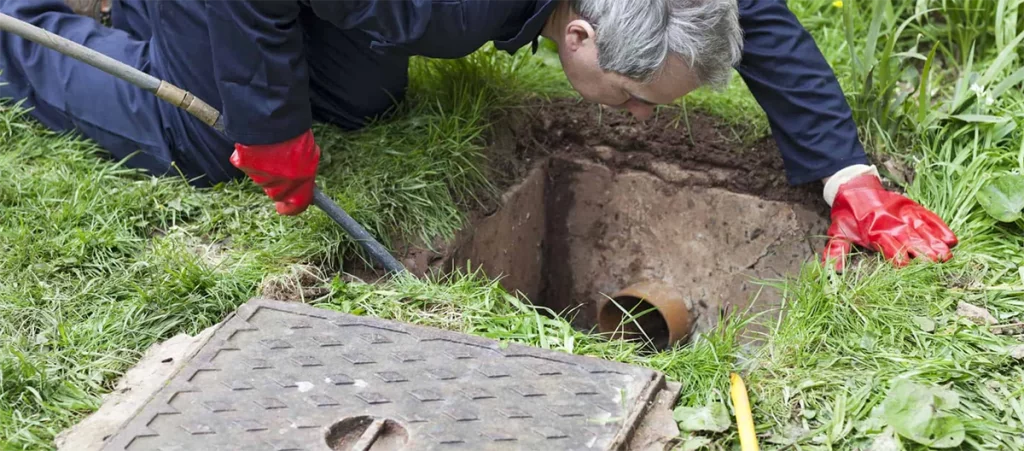
Choosing Safe Alternatives for Drain Issues
While chemical drain cleaners are widely available, they pose risks to both your pipes and your health. Opting for environmentally friendly and non-corrosive alternatives can be safer and more sustainable in the long run. Consult with plumbing professionals for advice on safe and effective alternatives.
Preventing Plumbing Emergencies
Prevention is key to avoiding plumbing emergencies. Installing drain screens, being mindful of what goes down the drain, and addressing minor issues promptly can prevent major disruptions. Regularly monitoring water pressure and drainage speed can also help detect potential problems early on.
Plumbing emergencies can strike at the most inconvenient times, causing stress, inconvenience, and potential damage to your home. The good news is that many plumbing emergencies can be prevented with proactive measures and regular maintenance.
Regular Inspection of Plumbing Fixtures
A crucial step in preventing plumbing emergencies is conducting regular inspections of your plumbing fixtures. Check for leaks, drips, or any signs of water damage around sinks, faucets, and toilets. Timely identification and repair of minor issues can prevent them from escalating into major problems.
Proper Disposal Practices
One common cause of plumbing emergencies is the improper disposal of household items. Avoid flushing non-flushable items, such as wipes, sanitary products, and paper towels, down the toilet. Additionally, refrain from pouring grease down the kitchen sink, as it can solidify and cause clogs.
Installation of Drain Screens
Installing drain screens is a simple yet effective way to prevent debris from entering your drains. Hair, soap scum, and other particles can accumulate over time, leading to clogs. Drain screens act as a barrier, reducing the risk of blockages and the need for emergency interventions.

Temperature Regulation in Cold Weather
In colder climates, frozen pipes are a common cause of plumbing emergencies. To prevent this, insulate exposed pipes and allow faucets to drip during freezing temperatures. The movement of water can help prevent pipes from freezing and bursting.
Regular Water Heater Maintenance
Water heaters play a crucial role in a functioning household. To prevent emergencies, schedule regular maintenance for your water heater. Flushing the tank, checking for leaks, and ensuring proper pressure can extend the lifespan of your water heater and reduce the risk of sudden malfunctions.
Signs Your Main Drain Needs Attention
Recognizing the signs of main drain issues is crucial. Slow drainage, gurgling sounds, and foul odours are indicators that your main drain may be compromised. Ignoring these signs could lead to more severe problems, such as sewage backups and structural damage.
Expert Advice: What Not to Do with Main Drains
Plumbing experts advise against using excessive force or harsh chemicals when attempting to clear a main drain. These actions can cause irreversible damage and result in costly repairs. Instead, seek professional guidance to ensure a safe and effective resolution.
Proactive Measures for Healthy Plumbing
Taking proactive measures for healthy plumbing involves adopting good habits. Avoid flushing non-biodegradable items, such as wipes and sanitary products, down the toilet. Proper disposal of grease and regular inspection of plumbing fixtures can contribute to a smoothly functioning system.
Safe and Effective Drain Clearing Techniques
When faced with a clogged main drain, it’s essential to employ safe and effective clearing techniques. Auger or hydro-jetting methods, when used correctly, can clear blockages without causing harm to your pipes. Consulting with a professional plumber ensures the right approach for your specific situation.
In conclusion, maintaining a healthy main drain requires a combination of proactive measures, regular inspections, and the use of safe and effective clearing techniques. Understanding the risks associated with DIY attempts and seeking professional advice when needed can save you time, money, and the headache of a plumbing emergency.
FAQs
DIY snaking carries the risk of unintentional pipe damage and may not effectively address severe blockages.
It’s advisable to schedule professional drain cleaning annually to prevent issues and maintain a healthy plumbing system.
While some homemade solutions may work for minor issues, professional assistance is recommended for more significant problems.
Chemical drain cleaners can damage pipes and pose health risks. Professional plumbers offer safer alternatives.
Slow drainage, gurgling sounds, and foul odours are common signs of main drain issues that warrant professional attention.



